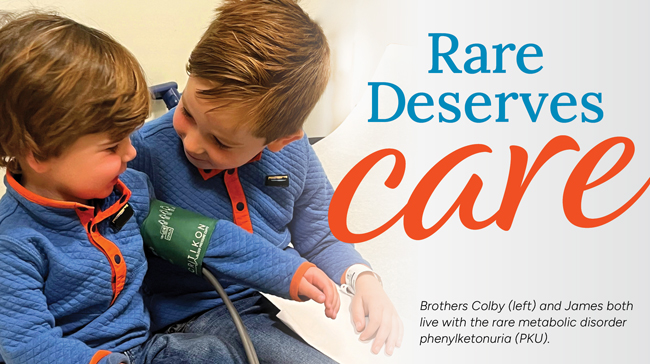The animated videos in NORD’s Rare Disease Video Library provide brief introductions to rare disease topics for patients, caregivers, students, professionals and the public. NORD collaborates with medical experts, patient organizations, videographers and Osmosis to develop the videos, which are made possible by individual donations, educational grants and corporate sponsorships. NORD is solely responsible for the content.
Summary
Congenital athymia is a rare disease characterized by the absence of a functioning thymus that results in immunodeficiency. In almost all cases it is a feature of a broader condition.
Most infants with congenital athymia have chromosome 22q11.2 deletion syndrome or CHARGE syndrome. Both disorders have symptoms affecting multiple body systems. NORD has separate reports on 22q11.2 deletion syndrome and CHARGE syndrome in the Rare Disease Database.
Congenital athymia can also result from changes (pathogenic variants or mutations) in genes that impact thymic organ development such as FOXN1 and PAX1 or from variants in genes that are involved in development of the entire midline region of the body, such as TBX1, CHD7 and FOXI3.
In addition, infants exposed to retinoic acid during pregnancy and infants born to diabetic mothers have a higher risk for congenital athymia.
People affected with congenital athymia have profound immunodeficiency, increased susceptibility to infections, and frequently, autologous graft-versus-host disease (GVHD) which is a life-threatening complication that can occur after certain stem cell or bone marrow transplants, a medical treatment that replaces the bone marrow with healthy cells.
Introduction
The thymus is a gland located on top of the heart. The thymus produces specialized white blood cells called T cells that fight infections, especially viral infections. The T cell count is highest in infants in the first two years of life and then slowly decreases over time. In adults over the age of 60, the thymus is mostly replaced by fat. Children without a thymus are extremely deficient in T cells and very susceptible to infections. Affected babies have chronic or recurrent infections including candidiasis, skin, pulmonary and urinary tract infections, chronic diarrhea and have difficulty growing and gaining weight (failure to thrive).
Without treatment, some affected children may not survive. Thymus transplantation may be a cure for this condition.

Your donation will help more than 30 million Americans with a rare disease navigate their diagnosis, receive financial assistance, and access the care and support they deserve. Make your tax-deductible gift today!
